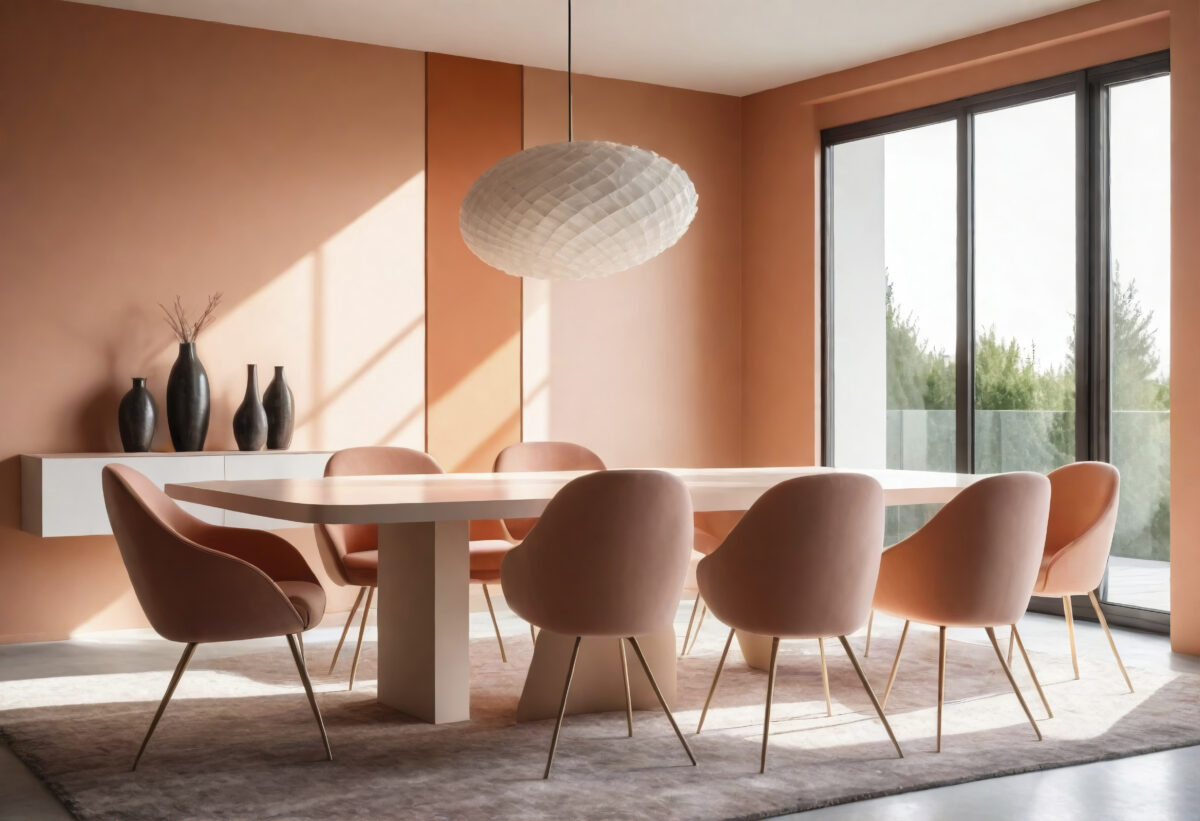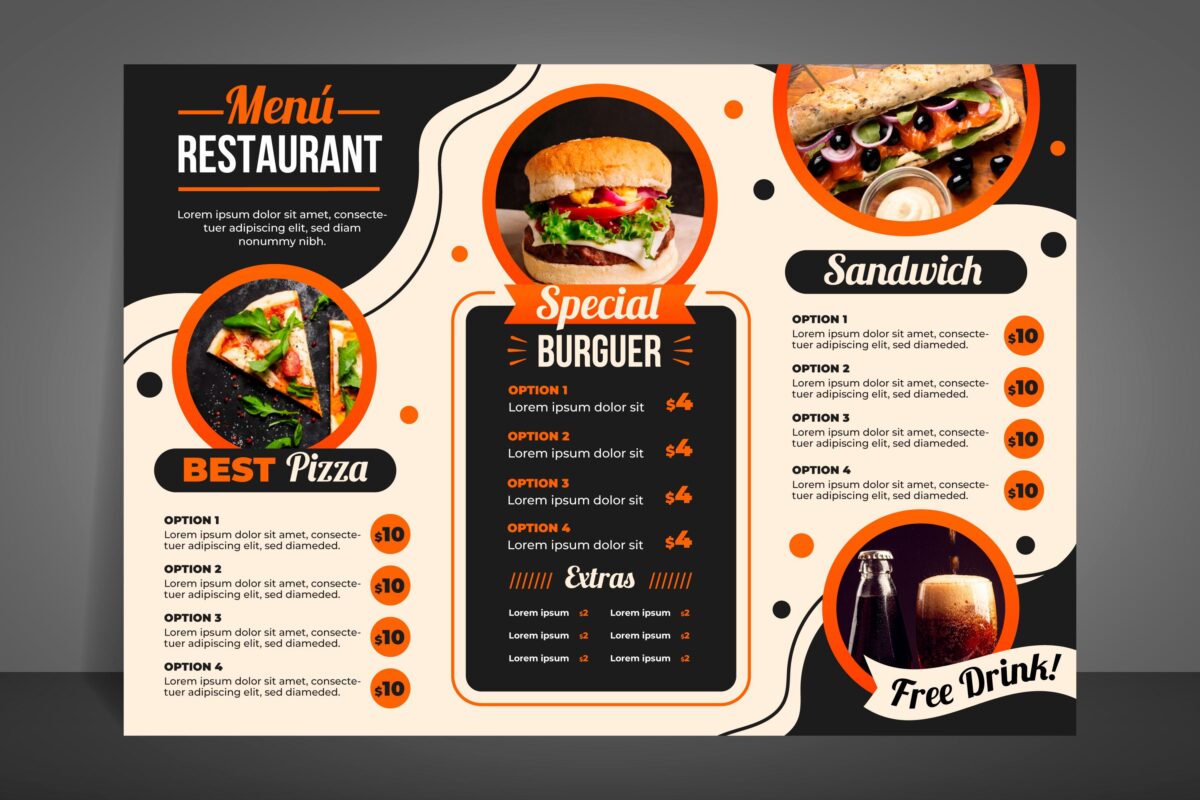Elevate Your Space with Unique Design Ideas

When you think about your home or office, what comes to mind? Is it a space that feels like you? A place that’s both inspiring and comfortable, a sanctuary that reflects your personality and lifestyle? If not, it might be time to consider a redesign that speaks to your unique tastes.
Interior design is much more than just choosing furniture and paint colors—it’s about creating a space that resonates with the way you live and work. Whether you’re looking to revamp a single room or transform your entire home or office, the right design can elevate your space and bring it to life in a way that feels truly special.
In this blog, we’ll explore how you can elevate your space with unique design ideas and create an environment that not only looks stunning but also feels completely yours. Ready to dive into the world of transformative interior design? Let’s get started.
1. Start with a Clear Vision: Design with Purpose
Before diving into any design project, it’s essential to have a clear vision of what you want to achieve. What mood or atmosphere do you want to create? Do you want your space to be calm and serene, bold and vibrant, or cozy and inviting? Think about how you use the space daily and what will make it more functional while still reflecting your personal style.
Tip: Try creating a mood board with images, colors, and textures that inspire you. This can serve as your design blueprint and help you stay on track as you make decisions.
Once you have a vision in mind, you can start thinking about the overall theme of your space. Do you prefer modern minimalism, traditional elegance, rustic charm, or perhaps a more eclectic mix? Your theme will guide everything from furniture choices to color palettes, lighting, and accessories.
2. Incorporate Statement Pieces
One of the easiest ways to add uniqueness to your space is by introducing statement pieces. These are bold, eye-catching elements that instantly draw attention and set the tone for the entire room. Statement pieces could include:
- A striking piece of artwork or sculpture
- A vibrant, oversized rug
- A vintage or custom-made furniture item
- An unusual light fixture or chandelier
- A piece of architectural interest, like a feature wall or custom shelving unit
These items serve as the focal point of a room and can often dictate the rest of the design. For example, a bold piece of art can inspire a color palette for the rest of the room. A sculptural light fixture might prompt you to embrace a more industrial or modern look.
Tip: Don’t be afraid to mix different textures and materials. A plush velvet sofa paired with a sleek metal coffee table or a wooden bookshelf next to a glass desk can create a visually interesting, layered design.
3. Personalize with Meaningful Accessories
While furniture and wall paint are important, it’s often the accessories that make a space truly unique. Think about the items that are meaningful to you—travel souvenirs, family heirlooms, handmade objects—and incorporate them into your design. Personal items not only make your space feel more inviting, but they also tell a story.
Accessories like throw pillows, vases, books, and plants add warmth and character to any room. A collection of vintage books on a shelf or a family photo gallery on the wall can give your space a sense of personality and history.
Tip: Incorporate natural elements like indoor plants to bring life and color to your space. Greenery also has the added benefit of improving air quality, making your environment healthier and more enjoyable.
4. Play with Colors, But Keep It Balanced
Color is one of the most powerful tools in interior design. It can change the entire mood of a room, from creating a sense of calm to sparking energy and creativity. When aiming for a unique design, playing with color can bring your vision to life.
Consider using a combination of bold accent colors paired with neutral tones. For example, a deep navy blue wall can be balanced with warm beige furniture and vibrant gold accents. Alternatively, an all-white room with pops of colorful accessories can create a fresh, modern feel.
Tip: If you’re hesitant about using too much color, start small with accent walls, colorful rugs, or bright cushions. Gradually introduce more color into the space as you get more comfortable with the idea.
5. Embrace the Power of Lighting
Lighting is often overlooked in interior design, but it plays a huge role in how a space feels. Proper lighting can highlight your unique design elements, create ambiance, and even make a room feel larger or cozier depending on how it’s used.
There are three main types of lighting to consider:
- Ambient lighting for general illumination (e.g., overhead lights or recessed lighting)
- Task lighting for activities like reading or cooking (e.g., desk lamps, pendant lights)
- Accent lighting to highlight specific areas or features in a room (e.g., track lighting or table lamps)
By using a mix of these lighting types, you can create a dynamic and functional design that works for every occasion. Don’t forget to consider the type of bulbs you use—warm lighting creates a cozy, inviting atmosphere, while cooler bulbs work well in more contemporary settings.
Tip: If you’re going for a unique design, try incorporating custom lighting features. A chandelier made from repurposed materials or an industrial-style lamp can add a distinct touch to your space.
6. Innovative Use of Space
A unique design doesn’t always mean adding new items to a room; sometimes, it’s about rethinking how the space is used. Think about how to maximize your space creatively. This is particularly important in smaller homes or apartments where every square foot counts.
You can introduce multifunctional furniture, such as fold-out desks, convertible couches, or hidden storage, to keep things neat while adding an interesting touch. Custom shelving can help maximize vertical space, while mirrors and glass elements can make a small room feel bigger.
Tip: Open shelving and minimalist furniture styles work well for creating the illusion of more space. Keep the design simple and uncluttered to make the most of every square inch.
7. Incorporate Natural Materials and Textures
For a truly unique and elevated design, look to nature for inspiration. Incorporating natural materials into your design adds depth, texture, and a timeless appeal. Wood, stone, marble, rattan, and clay are all materials that can be used in a variety of ways, from furniture to flooring to accessories.
A wooden dining table, a stone accent wall, or a rattan chair can bring warmth and an organic touch to any room. Mixing these natural materials with modern elements (like glass or metal) can create a harmonious balance between old and new, rustic and contemporary.
Tip: Experiment with textures to add interest. A plush velvet sofa paired with a rough stone coffee table or a wool rug with a metal-framed chair can make your space feel rich and unique.
Conclusion
Creating a unique space that’s both beautiful and functional takes thoughtful planning, creativity, and a willingness to experiment with different elements. By focusing on your personal style, incorporating statement pieces, mixing textures and colors, and maximizing the potential of your space, you can elevate any room into something special.
Interior design is about more than just aesthetics—it’s about making your space work for you. Whether you’re looking to create a relaxing retreat at home or an inspiring workspace, a carefully curated design will help you enjoy every inch of your space.
If you’re looking for expert guidance on transforming your space, working with a professional interior designer can help bring your vision to life. Explore how expert design services can make all the difference in your project, and elevate your living or working environment.
For personalized design advice and services, consider reaching out to a trusted interior design consultant in Raleigh, NC, to help you create a space that’s uniquely yours.









